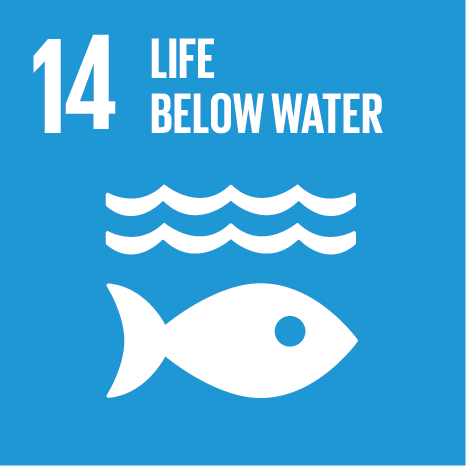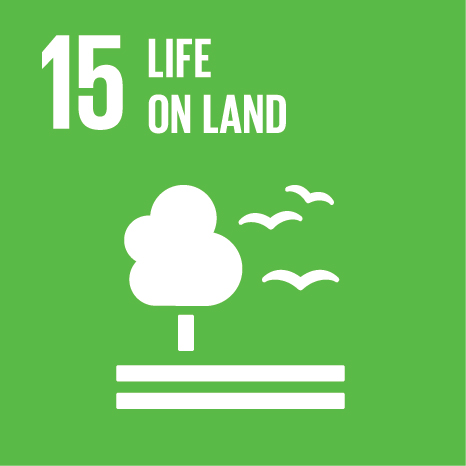THE IMPORTANCE OF INTERNATIONAL COOPERATION IN THE ACHIEVEMENT OF THE UNITED NATIONS OBJECTIVES REGARDING CO2 EMISSIONS
Event Title
62nd International Scientific Conference on Economic and Social Development
Year (definitive publication)
2021
Language
--
Country
Portugal
More Information
--
Web of Science®
This publication is not indexed in Web of Science®
Scopus
This publication is not indexed in Scopus
Google Scholar
Abstract
It is a reality that the planet requires assertive strategies to improve the earth’s condition on its most essential elements. International Organisms such as United Nation (UN) have been discussed, through the various Conferences of Parties (COP), about the options to control CO2 emissions. At COP 21, in Paris, France, aspects such as the Green Paper, the need of more resources to support countries affected by climate change as well as the need of cooperation of the developed countries to support the undeveloped ones to reach the XXI century goals, among others, were defined.
It is an analysis based under the perspective of complex interdependence of Keohane, R. and Nye, J. (1977) who establish that globalizarion effects have related countries in such a way that it is currently impossible that each one could take an unilateral action. On the other hand, Patachini, V. and Weisstaub, L. (2009) and Meiattini, S. (2009) indicate that both cooperation and investment are key elements to undeveloped countries modernization.
In the meantime, every conference is used by undeveloped countries to strongly point out their weaknesses, especially the financial ones, to create change in infrastructure, edge technology, innovation, processes for industrial and domestic wastes, technical training and qualified human capital.
Consequently, undeveloped countries could turn to an effective participation in the control of CO2 emissions by involving their comunities and industries in the mitigation or adaptation process.
Acknowledgements
--
Keywords
Fields of Science and Technology Classification
- Economics and Business - Social Sciences
Contributions to the Sustainable Development Goals of the United Nations
With the objective to increase the research activity directed towards the achievement of the United Nations 2030 Sustainable Development Goals, the possibility of associating scientific publications with the Sustainable Development Goals is now available in Ciência-IUL. These are the Sustainable Development Goals identified by the author(s) for this publication. For more detailed information on the Sustainable Development Goals, click here.

 Português
Português



